A Taxonomy of Lawyer Shows
-
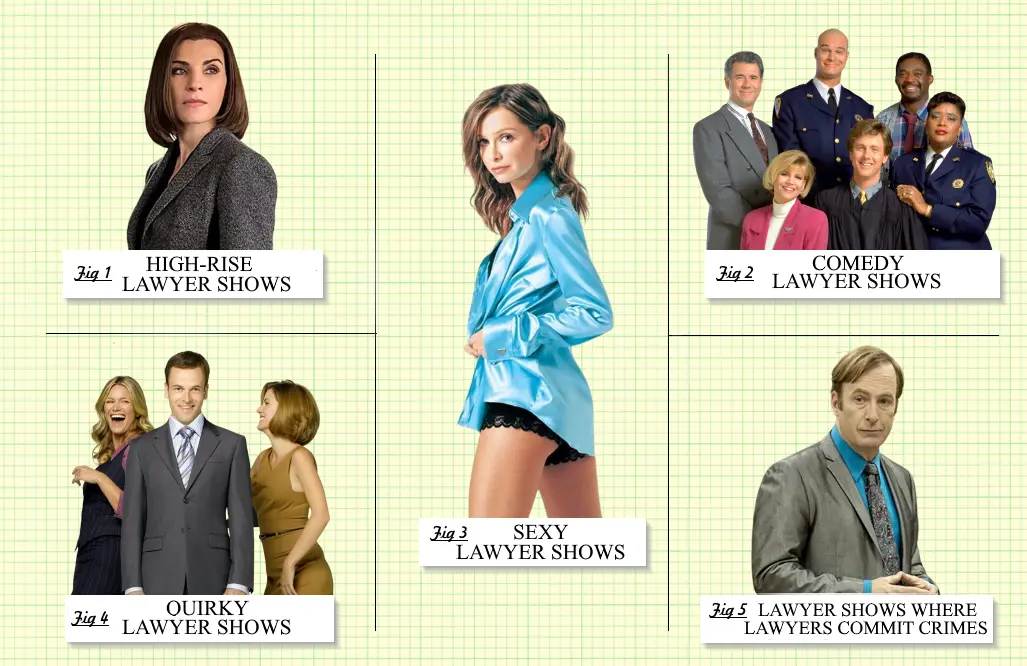 Photos: CBS, Fox, NBC, ABC, AMC.
Photos: CBS, Fox, NBC, ABC, AMC.Like medical shows, TV lawyer shows are endlessly malleable. The lawyers can be young hotshots or grizzled old burnouts looking for a second chance. The cases can be small-time, or worth multi-millions, or have the life of a defendant in the balance. The tone can be grim, quirky, or comedic. Sometimes even a Hulk might be involved, you really never know!
In an attempt to work through just how varied these shows can be, we've broken down some of TV's best known lawyer shows into a series of eleven sub-categories. Fear not: the criminal justice system has room for them all.
Procedural Lawyer Shows
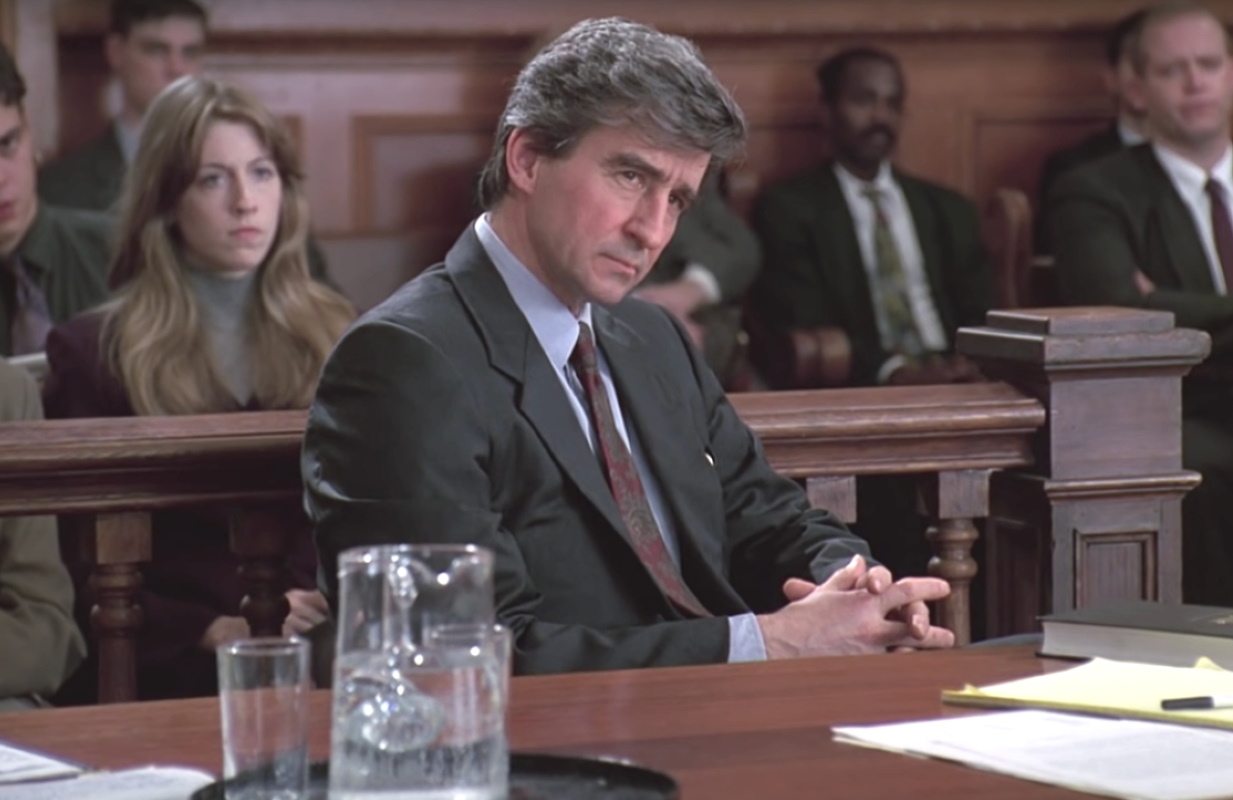
Starting at the very beginning, this is your basic no frills lawyer show: no serialized storylines, just a case of the week, and some lawyers to argue its merits. This type of lawyer show goes all the way back to the original Perry Mason in the 1950s, a lawyer show that so defined the genre that they made jokes about it in the Clue movie. But it was really perfected on NBC's Law & Order, which divided its ripped-from-the-headlines episodes into half police procedural and half legal procedural. By the time the cases got to DA Jack McCoy (Sam Waterston), there were always plenty of twists and turns ito come.
Character-Focused Lawyer Shows
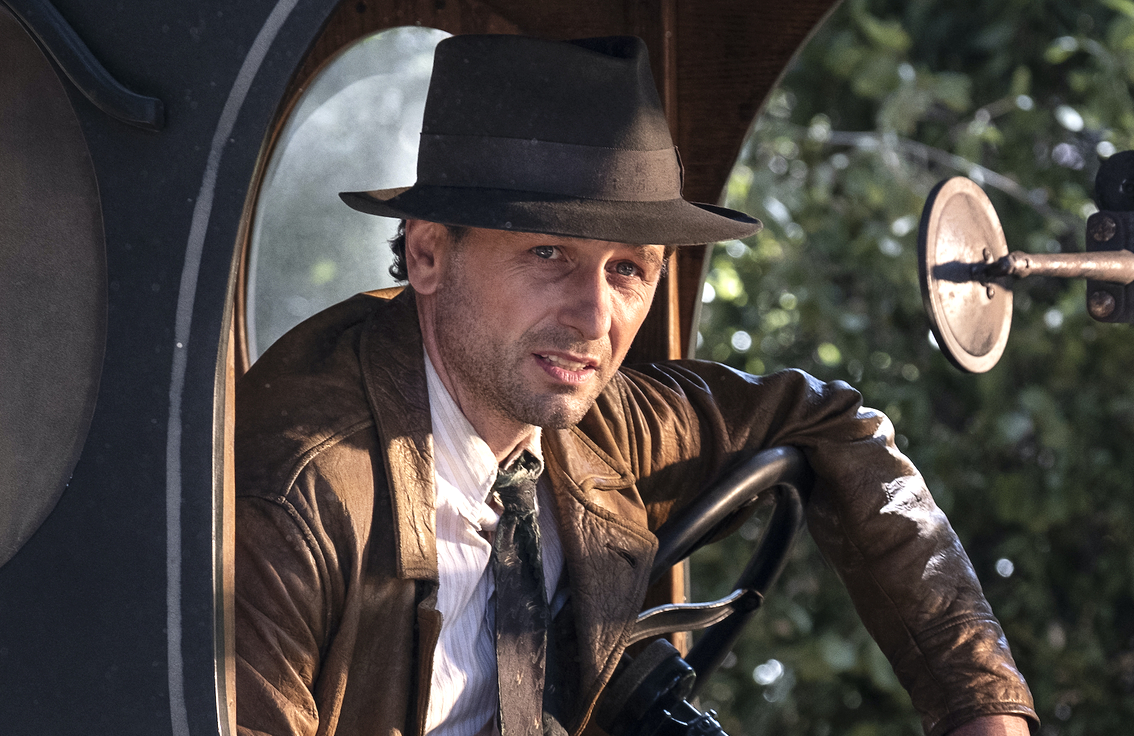
An easy way to distinguish between the procedural lawyer show and the character/serial lawyer show is to consider the differences between 1957 Perry Mason and 2020 Perry Mason, which set Matthew Rhys's version of the character in the 1930s amid a story of corruption and religion. These shows use a legal framework to focus their characters' struggles and triumphs, and while the outcomes of the cases are important, they're often background noise to — or thematically harmonious with — the character drama. Two other great examples are Robert and Michelle King's The Good Wife and The Good Fight.
Sexy Lawyer Shows
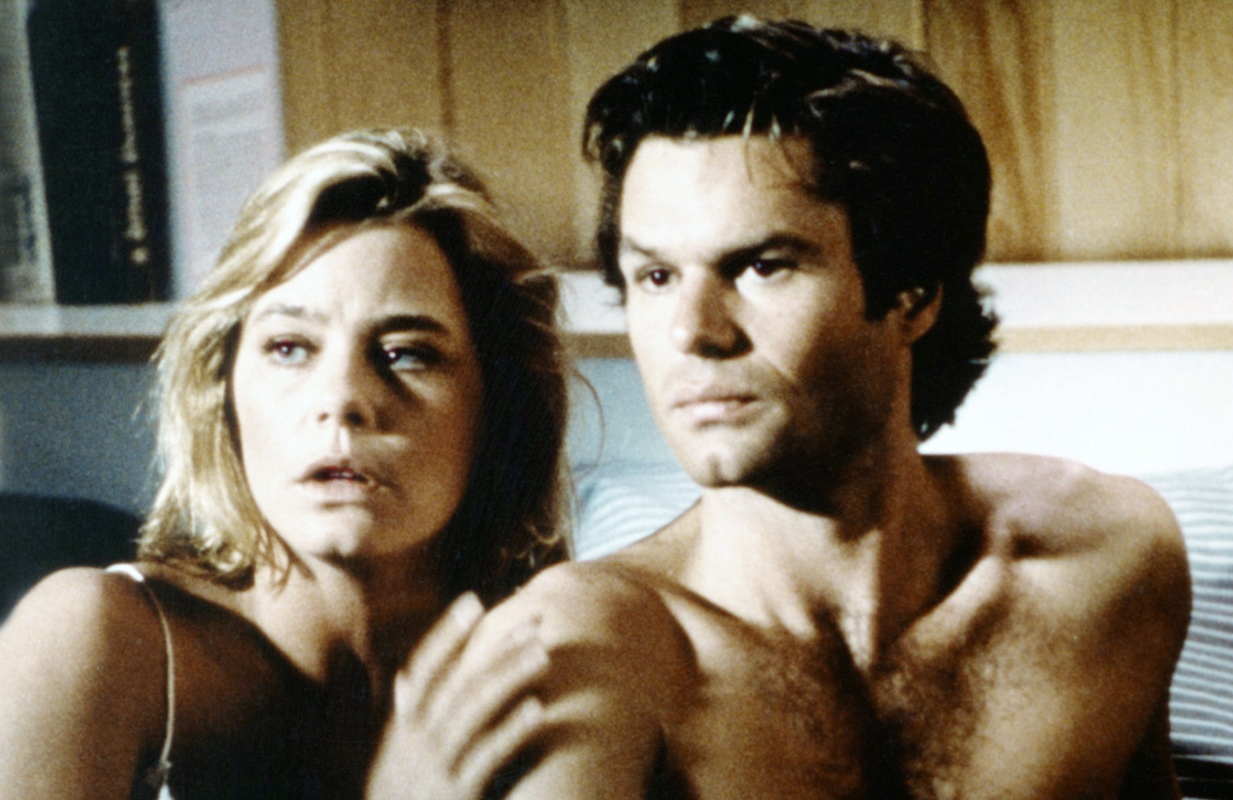
Here's where the party is at! Networks have been trying to sex up their lawyer shows for decades, hoping to merge the procedural charms of the legal drama with sexy, soapy, youth-appealing stars. L.A. Law may not have been the first sexy lawyer show, but it rset the standard, with star Harry Hamlin making the cover of People as their Sexiest Man Alive while playing lawyer Michael Kuzak, alongside other such hotties as Jimmy Smits, Blair Underwood, Susan Dey, and of course ultimate horndog Corbin Bernsen.
Another landmark sexy lawyer show followed the L.A. Law lineage via that show's late-seasons showrunner David E. Kelley, who took to the east coast and redefined the TV lawyer as we knew it with Ally McBeal. That show's overt quirkiness ended up overshadowing its notoriously short skirts and deep knee pressure points, but star Calista Flockhart will still go down in history as the woman whose onscreen lawyer scandalized the whole country, paving the way for any number of Hot Lawyer shows from Girls Club to Boston Legal and beyond.
Lawyer Shows Where the Lawyers Commit Crimes
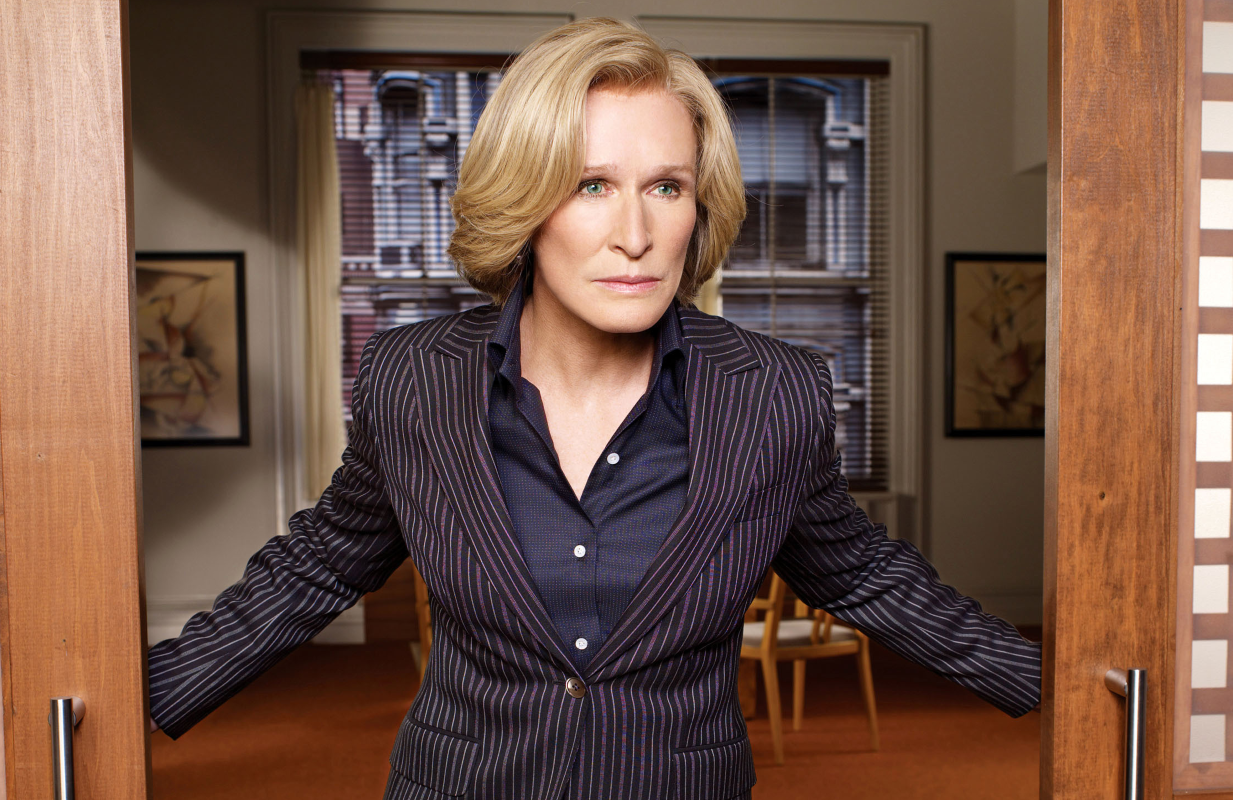
One very 21st century addition to the legal drama canon has been the show where the lawyers find themselves accused of crimes themselves. The age of the antihero was just emerging when David E. Kelley's The Practice was still flourishing, at it seemed like every season one of their lawyers or another was being accused of something. Over the course of the show's eight seasons, nearly every major character was brought up on charges, and if it wasn't them, it was some close personal friend of theirs who woke up with a dead person in their bed.
The crimes only got more sinister and elaborate on shows like Damages, where Glenn Close and Rose Byrne went to any lengths to for a win, with absolutely no regard for the law they were ostensibly supposed to uphold. How to Get Away With Murder put the criminal intentions of its lawyers and law students right there in the title. And then of course there's Better Call Saul, the ultimate show about a lawyer who moonlights as a criminal.
Comedy Lawyer Shows
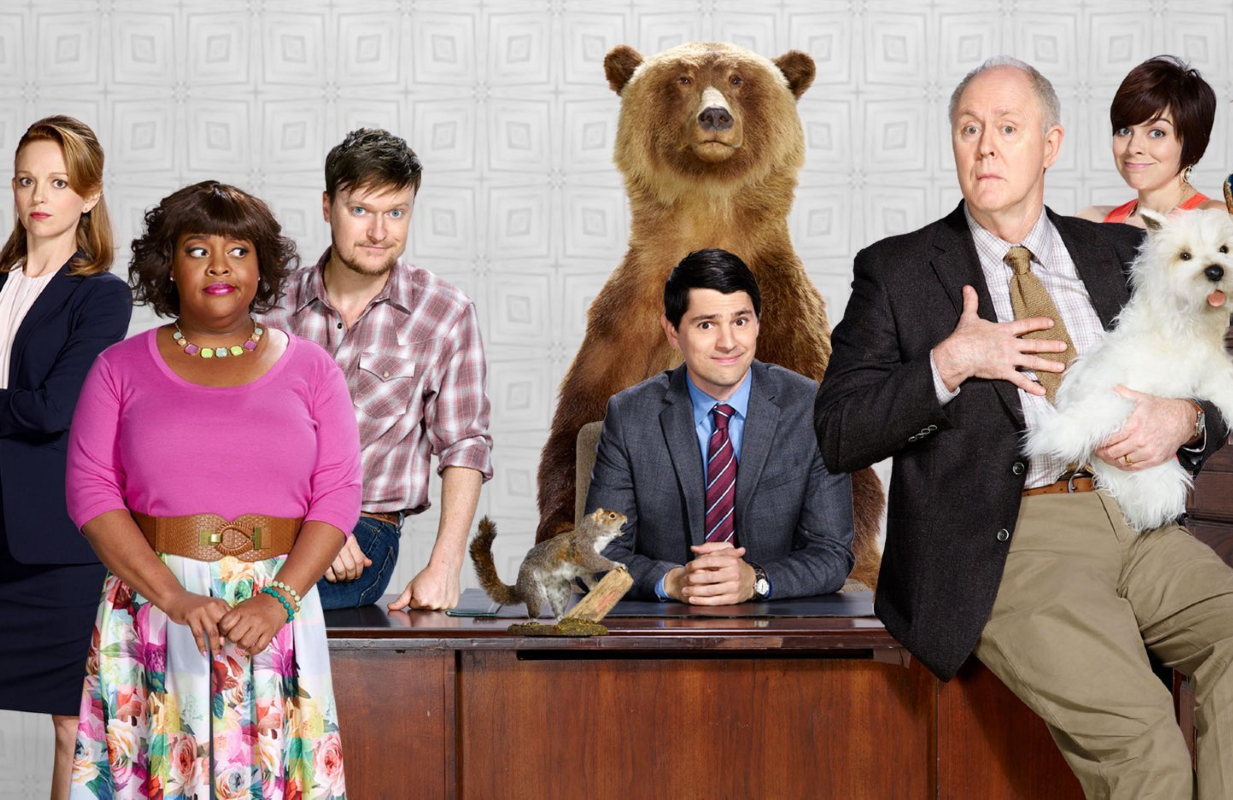
The absurdity of this thing we call the legal system has always been decent fodder for comedy, so it's no surprise that every now and again we get a great legal comedy. Night Court remains one of the all-time greats, set it a late-night New York City municipal court full of oddball characters. The relatively lower stakes of muni court meant that the shenanigans of the lawyers and the comedic skills of the likes of Harry Anderson, John Larroquette, Markie Post, and the rest could shine through. More recently, NBC scored with the legal mockumentary series Trial and Error, which satirized not only the legal process but true-crime documentaries like The Staircase.
Side-Gig Lawyer Shows
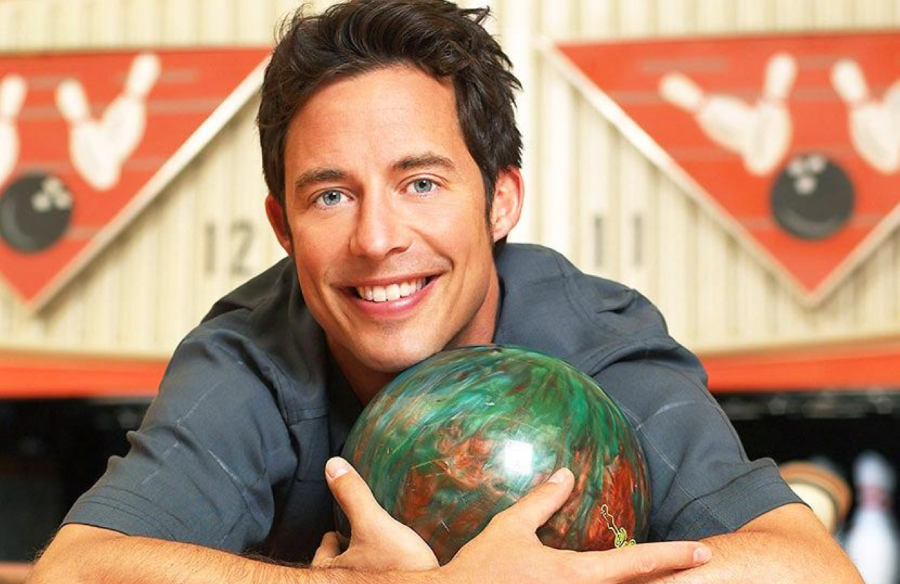
It's generally accepted that lawyers get paid pretty well, certainly well enough that they can spend all their time lawyering and not picking up side gigs. But there's always an exceotion to the rule, asnd TV thrives on carve-outs. Enter hard-working people like Harriet "Harry" Korn, the character played by Kathy Bates in Harry's Law, who's so down on her luck that she's running her law practice out of an old shoe-repair shop. See also The Good Fight's Judge Waxner (Mandy Patinkin) running his kangaroo court out of a copy shop.
Then there was NBC's Ed. The premise of that show was that the title character, played by Tom Cavanagh, was a successful big-city lawyer whose career (and marriage) hit the skids, so he retreated to his hometown, bought the local bowling alley, and ran a law practice from there. The lesson here is maybe less economics than it is existential: it's hard to sell the idea that being a lawyer makes you fulfilled as a human being, so sometimes you need to operate a bowling alley or cobble some shoes to give your life meaning.
Quirky Lawyer Shows
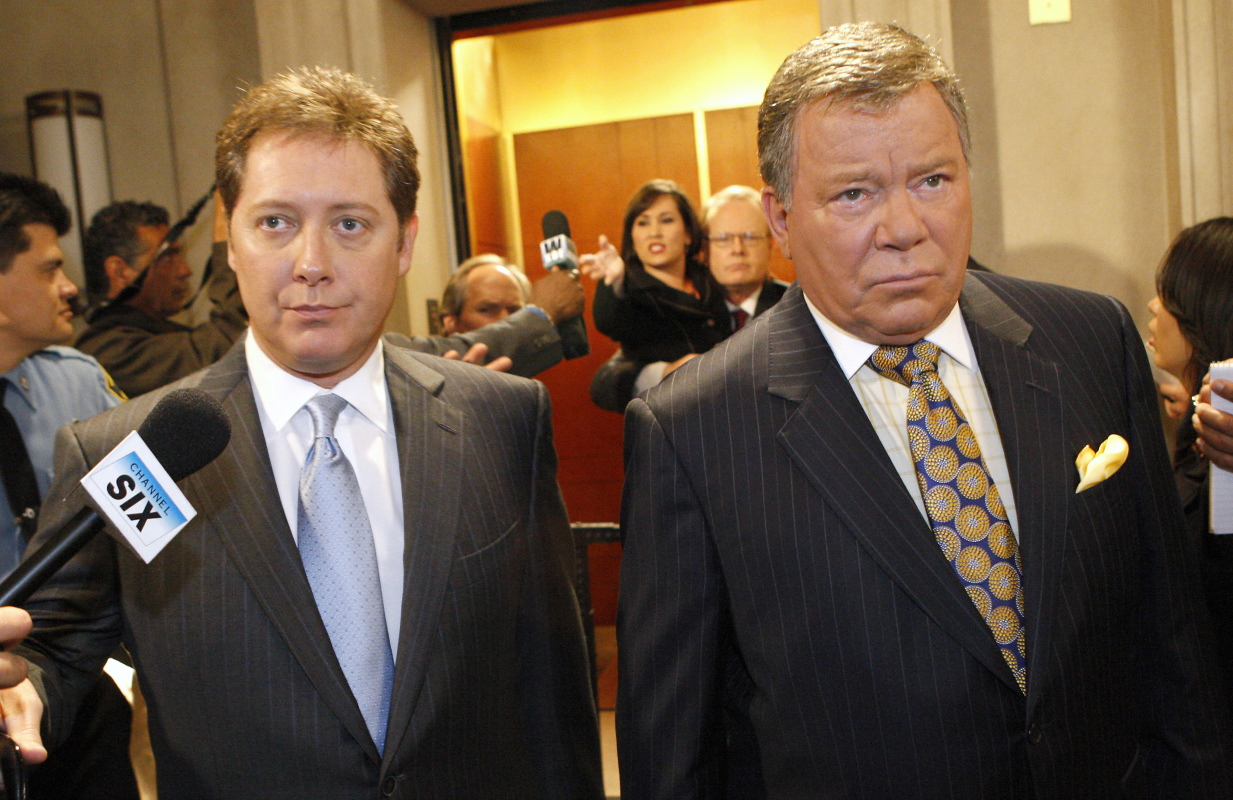
We mentioned David E. Kelley before, but we were never going to get out of this breakdown of lawyer shows without his name coming up again. Kelley is the king of the quirky lawyer show, and its roots trace all the way back to his L.A. Law days, but starting with 1992's Picket Fences he really ran with it.. Picket Fences followed the residents of the fictional town of Rome, Wisconsin, whose defining characteristic was basically "weird stuff happens here." One of the show's major recurring narrative spokes was in the courtroom, under the purview of judge Harry Bone (Ray Walston, who won two Emmys in the role) and defense attorney Douglas Wambaugh (Fyvush Finkel, who won on Emmy).
Picket Fences was a huge success and brought a lot of prestige to Kelley (including two Emmys for Outstanding Drama Series). As The Practice — a more hard-boiled version of a lawyer show from Kelley — was wrapping up, it morphed into its own spinoff, Boston Legal, which immediately became a quirkier, goofier show, to match the personae of its stars James Spader and William Shatner.
David E. Kelley isn't the only TV mega producer to traffic in quirk. The short-lived Greg Berlanti series Eli Stone starred Johnny Lee Miller as a lawyer who begins to experience hallucinations (or are they premonitions? or is it a brain tumor?), leading him to take on an ever-more-quirky docket of cases.
Small-Town Lawyer Shows
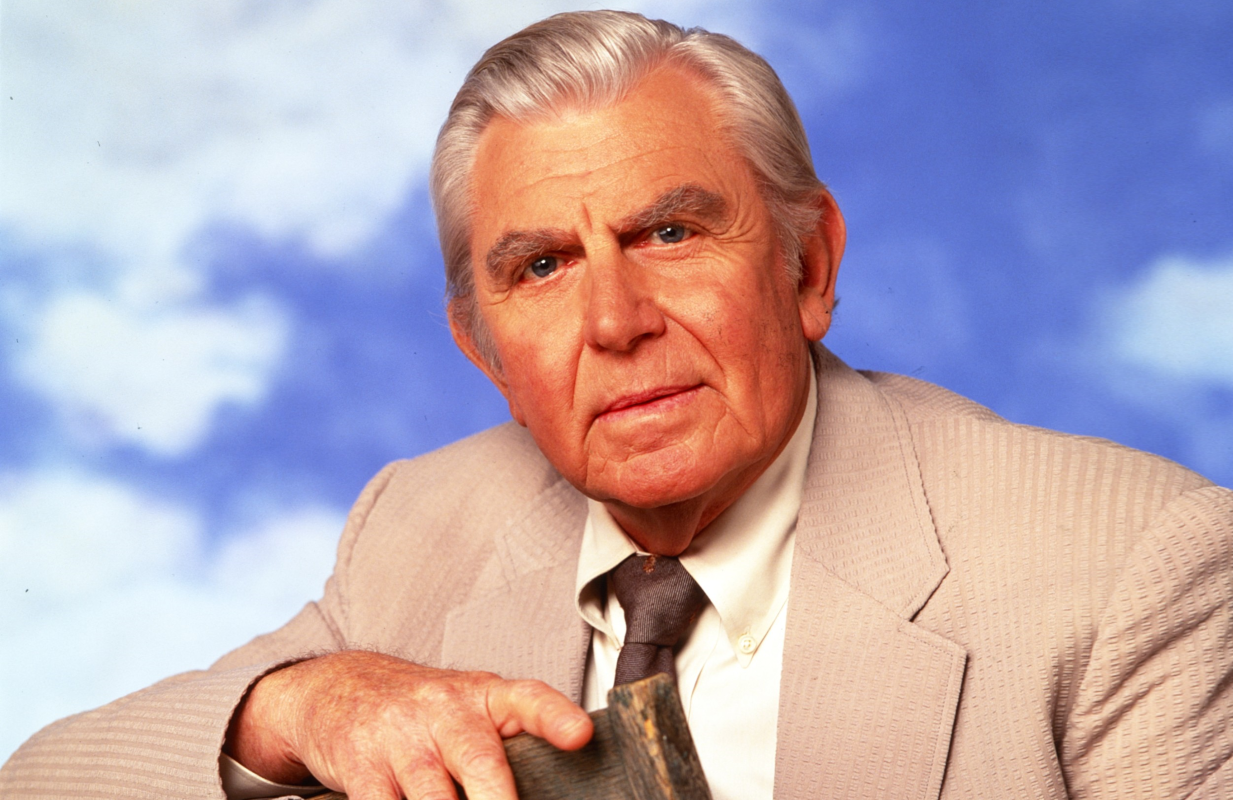
The small-town lawyer show is unique in that it cuts across various other subsets. We've already talked about small-town lawyer shows that were quirky (Picket Fences) or had the lead character running a side gig (Ed), or were comedies (Trial and Error). A small-town setting really allows the cases of the week to take on a more personal angle, where even the small-potatoes stuff feels big and important.
Of course, we can't talk about small-town lawyer shows without getting into Matlock. Andy Griffith starred as the title defense attorney Ben Matlock from 1986-1995, defending all sorts of people from criminal charges. What was remarkable about Matlock was that it had the soul of a small-town lawyer show despite the fact that it was set on the outskirts of Atlanta. Sometimes small-town is a vibe, and the folksy charm of Andy Griffith brings a vibe all its own.
Evil Lawyer Shows
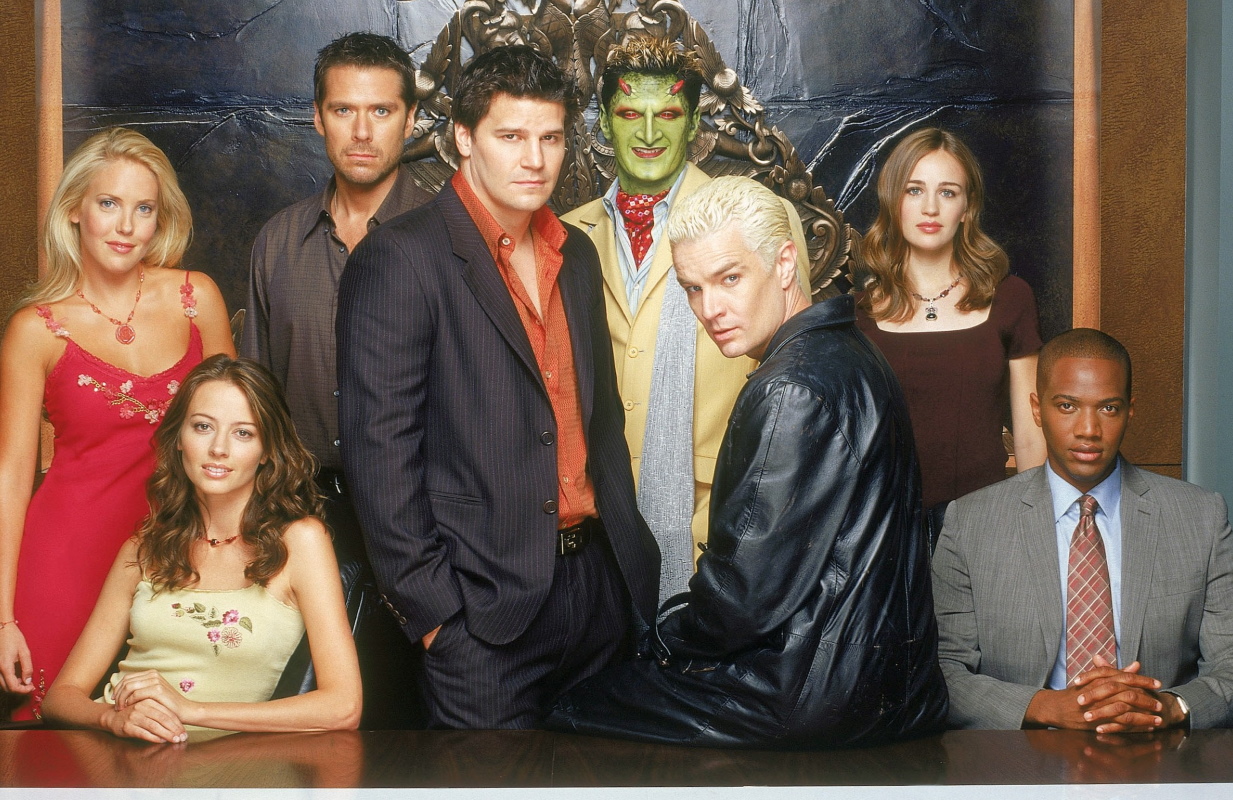
It's surprising that there aren't more TV shows that fit into this niche. Evil, the Paramount+ show about paranormal investigators for the Catholic Church, doesn't have an evil law firm as part of its narrative, and that feels like a waste. The sterling example of this on TV was Angel, a show about a team of supernatural detectives who were often up against — and then in the final season, put in charge of — an evil law firm, Wolfram & Hart. Angel had its own internal mythology a mile wide, tracking back to its existence as a Buffy the Vampire Slayer spinoff, but the creation of Wolfram & Hart was one of its great triumphs.
Superhero Lawyer Shows
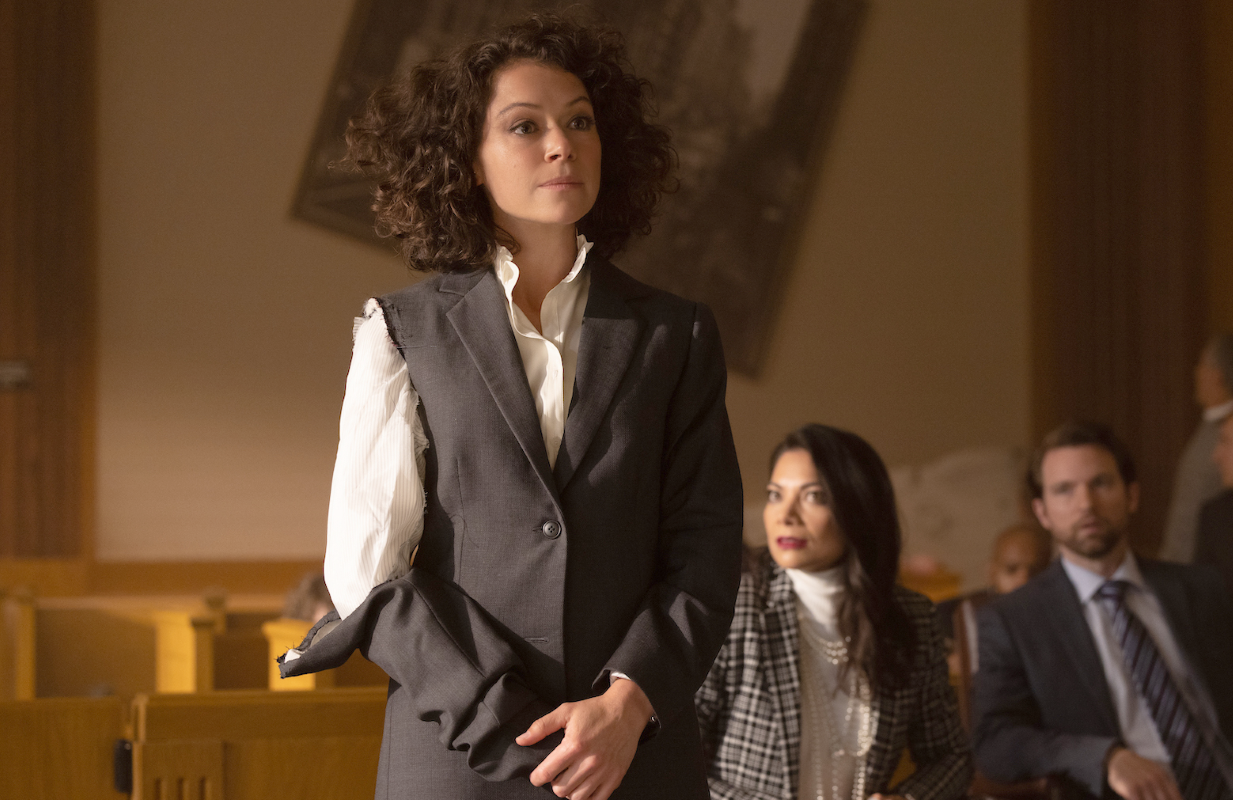
This is a relatively new subgenre, but currently a hot one. Obviously the ever-presence of superhero fiction in movies and TV was going to eventually trickle its way down to the humble lawyer show. And so this summer we got She-Hulk: Attorney at Law, with Tatiana Maslany playing Bruce Banner's newly Hulk-ified cousin who just wants to keep her legal ambitions on track. She-Hulk is unique in that it's a show about a lawyer operating within a universe where the mere existence of superheroes has opened up the legal profession to all sorts of new case types and precedents. It's unlikely that a show called She-Hulk will delve too far into the nuts and bolts of the legalese of it all, but it's intriguing!
Meanwhile, in 2024, Disney+ plans to bring back Daredevil, where blind superhero Matt Murdoch fights crime and also takes cases for the good people of Hell's Kitchen, so the ranks of superhero lawyers promises to be quite strong as we head into phases 5 and 6 of the MCU.
High-Rise Lawyer Shows
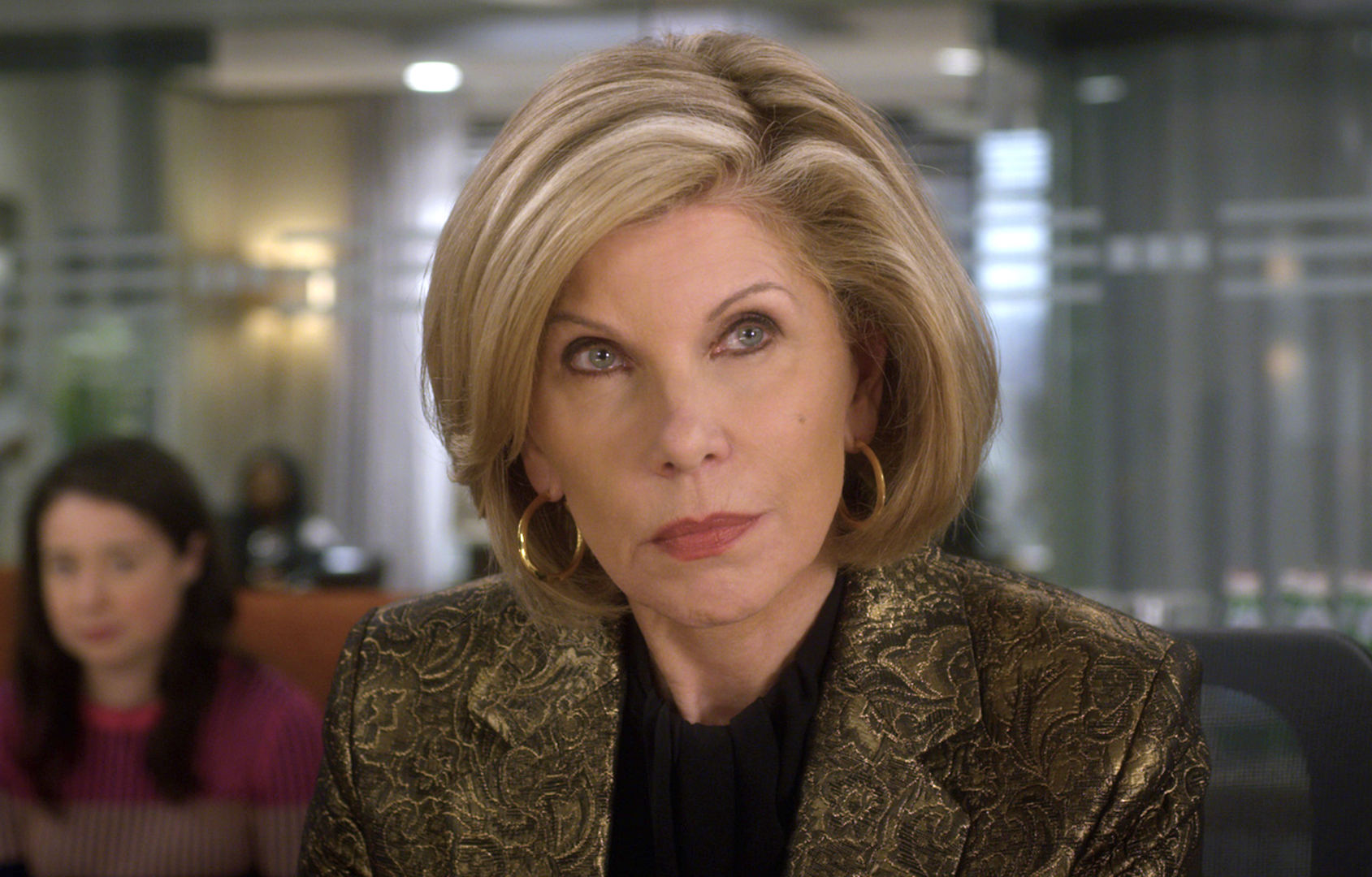
Some TV lawyers fight for the little guy. Some… don't. The ones who don't are caught up in the high-stakes, high-salaried, high-pressure world of high-rise law. That is to say, lawyers who work at firms with offices in big cities, perched on the upper floors of high-rises, lorded over by Senior Partners and major clients and cases worth hundreds of thousands of dollars if not more.
The Good Wife/Good Fight universe is about a series of firms that fight tooth-and-nail to either attain the level of high-rise law or retain their position as such. USA's Suits was also a high-rise lawyer show about young hotshots trying to get ahead. Likewise, Netflix's new series Partner Track has all the trappings of high-rise law, with Arden Cho starring as a young up-and-coming lawyer looking to break the glass-ceiling at her high-powered law firm. Look at those conference rooms with glass walls! Look at those office views! Better keep the multi-million dollar client happy!
Joe Reid is the senior writer at Primetimer and co-host of the This Had Oscar Buzz podcast. His work has appeared in Decider, NPR, HuffPost, The Atlantic, Slate, Polygon, Vanity Fair, Vulture, The A.V. Club and more.
TOPICS: Partner Track, Ally McBeal, Better Call Saul, Boston Legal , Damages, The Good Fight, The Good Wife, Harry's Law, L.A. Law, Law & Order, Matlock, Night Court, Perry Mason, Perry Mason (2020), Picket Fences, The Practice, She-Hulk, Trial & Error